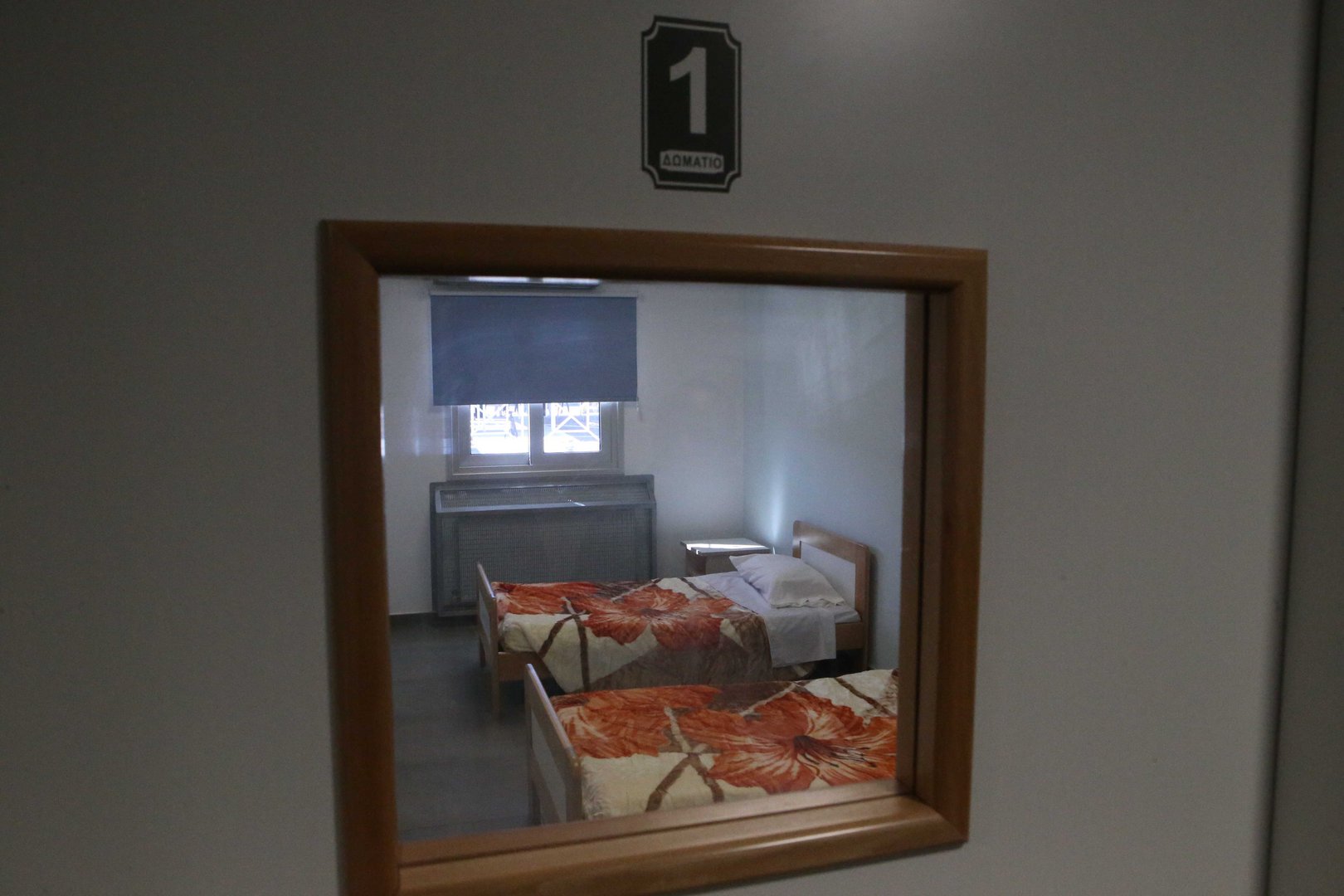The need to develop a comprehensive national strategy for those grappling with mental health conditions emerged during Monday’s House human rights committee meeting.
The discussion revolved around severe deficiencies that arose within the mental health system in Cyprus, as several committee members highlighted inadequate infrastructure, lack of support and information for both patients and their families, as well as management shortcomings, potentially leading to loss of life.
In particular, criticism was directed at the operations of the Athalassa state psychiatric hospital, deemed a “punitive space, adding stigma to mental health care”.
Addressing the meeting regarding the hospital’s operations, Dr Stamatis Samartzis, noted progress in the first phase of building a new hospital, while the completion of the second phase’s bidding process remains pending.
Emphasising the hospital’s critical role in mental health care for severe cases, he stressed the necessity for interim structures to accommodate patients upon discharge, particularly those with psychosocial disabilities.
Samartzis also raised concerns regarding the inadequate bed ratio compared to European standards. He attributed Cyprus’ disparity of 15 beds per 100,000 population, in contrast to Europe’s 75, to shorter hospital stays and subsequent readmissions.
The discussion also touched upon challenges in handling cases of psychogenic eating disorders, stressing the need for comprehensive assessments to tailor appropriate therapies.
Committee head and Akel MP Irini Charalambidou said that mental health patients shouldn’t be treated as second-class citizens by the state. She urged the urgent drafting of a national strategy and the formation of a committee to oversee all pertinent services, ensuring societal functionality and preventing relapses.
Disy MP Rita Theodorou-Superman said mental health patients have the right to receive dignified care and reintegration into society. She also pointed out the perpetual overcrowding of the hospital, “which is hindering its operational effectiveness”.
Furthermore, another Disy MP, Fotini Tsiridou, highlighted the necessity for accurate information dissemination to break societal taboos. She advocated for statistical transparency to reveal the true situation at the facility and to put pressure on the government for the necessary reforms.
Committee members pledged to present the issues raised during the meeting to the health ministry in a formal letter and vowed to revisit the matter in later House committee sessions.







Click here to change your cookie preferences